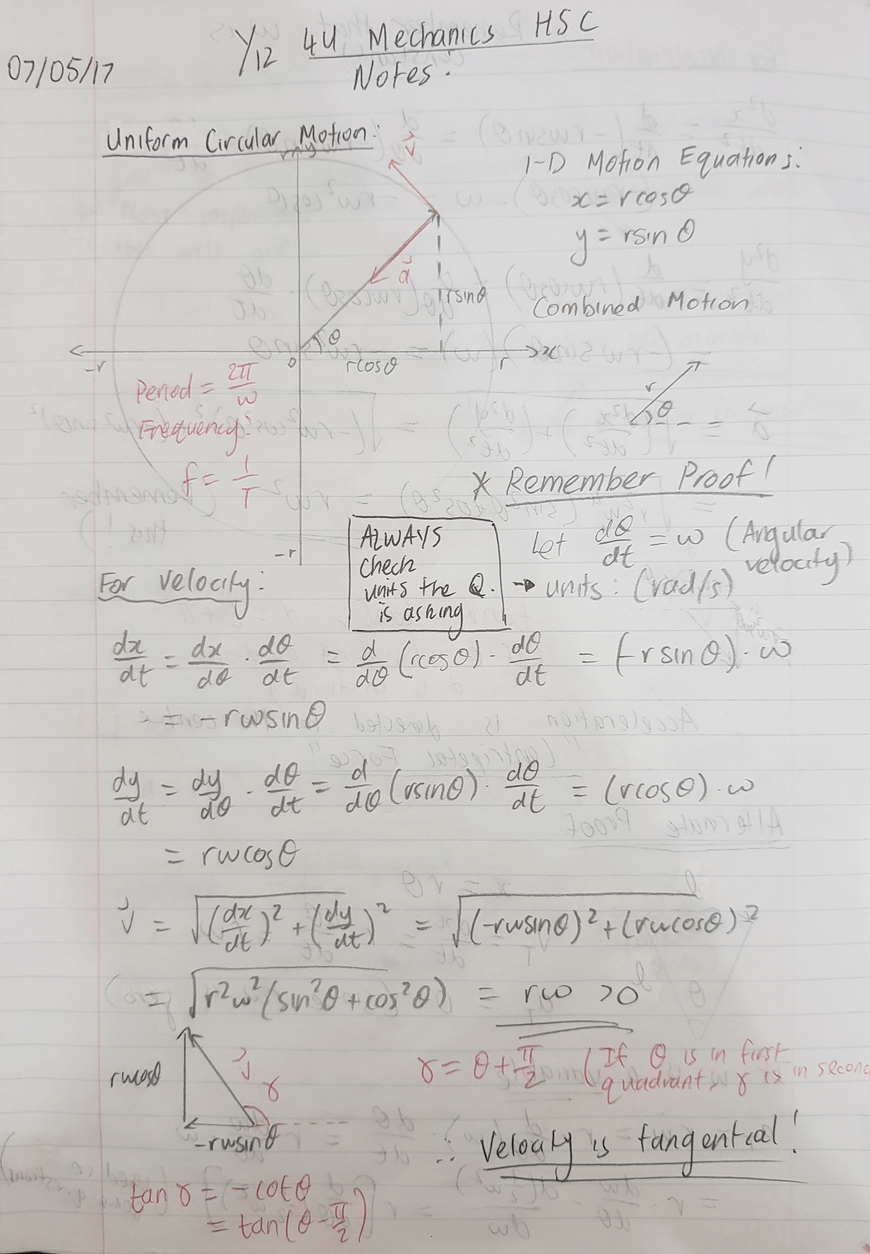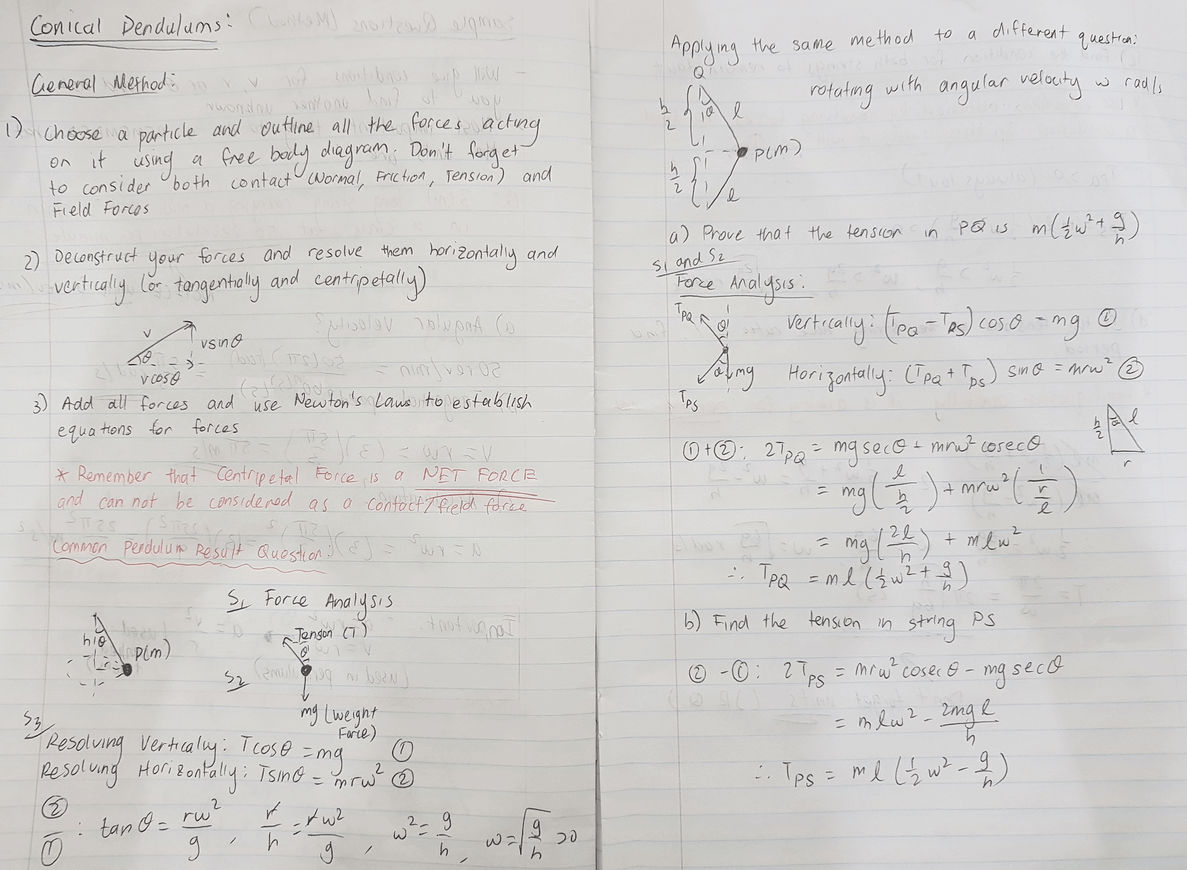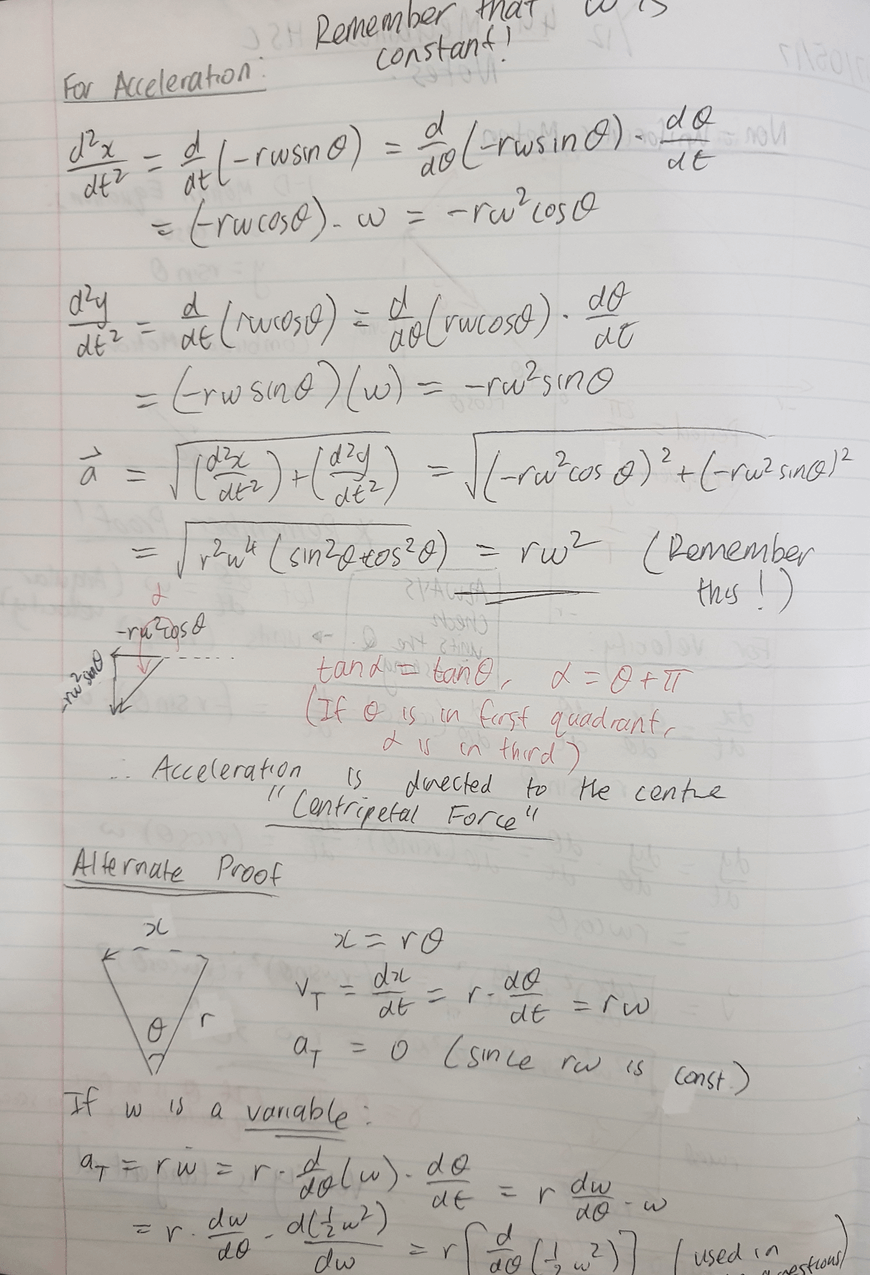Welcome to Matrix Education
To ensure we are showing you the most relevant content, please select your location below.
Select a year to see courses
Learn online or on-campus during the term or school holidays
Learn online or on-campus during the term or school holidays
Learn online or on-campus during the term or school holidays
Learn online or on-campus during the term or school holidays
Learn online or on-campus during the term or school holidays
Learn online or on-campus during the term or school holidays
Learn online or on-campus during the term or school holidays
Get HSC Trial exam ready in just a week
Get HSC exam ready in just a week
Select a year to see available courses
Science guides to help you get ahead
Science guides to help you get ahead
In this post, Matthew Winfred's hacks for scoring 100/100 in Maths Extension 2 while in Year 11!

Join 75,893 students who already have a head start.
"*" indicates required fields
Related courses

Join 8000+ students each term who already have a head start on their school academic journey.
In this post, we share Matthew Winfred’s hacks for scoring 100/100 in Mathematics Extension 2. Matthew also scored first in the state for Mathematics Advanced 1 in 2016 and achieved a perfect score in Mathematics Extension 1.
Name: Matthew Winfred
School: Inaburra School
University Course Choice: I have to finish Year 12 first!
I was very methodical in my approach to studying Mathematics. I would not have had the success I’ve enjoyed without following these steps:
When studying mathematics, I start by revising any concepts learnt during class. I then go through multiple textbooks to ensure that I have a solid fundamental understanding. The Matrix Workbooks are a great resource that really helped me in covering my basics.
I find it extremely important to not just remember formulas but to also understand how they are derived and applied. Especially during classes, I tend to ask any lingering question to my teachers and explore slightly beyond the scope of the syllabus to gain this understanding.
Being curious and not just accepting what is being taught until knowing it back to front is essential to long-lasting learning.
The best way to test your understanding is trying to teach it to others and always questioning, “Why?”.
Although many people don’t do it, I also find it really useful during this consolidation period to have notes dedicated to summarising the concepts. This especially came into play when first being exposed to new types of questions and methods. I created notebooks dedicated to each topic with common question types and their associated methods of approach.



I wrote down any methods for tackling difficult questions and wrote any alternative methods of approaching the easier ones to ensure I had a grab-bag of ‘ideas’ when facing questions I had never seen before. This gave me material in which I would later revise upon and ensured that any gaps in my knowledge were accounted for.
I also kept a document that listed all of my past mistakes, and any common ones that people fell for, and added to the list as the year went by.
The only way to improve your speed and accuracy is by exposing yourself to a variety of different questions.
During my study, I would complete as many practice questions and exercises as I could and impose strict time ‘challenges’ on myself.
These were often one and a half hour time restrictions in completing as much of an exercise as I could. This really aided me in improving my thinking speed and helped me practice finding the most effective method of tackling each question.
As the year went by, I tightened these restrictions further and applied them to practice papers. As my understanding of all the concepts grew throughout the year, I began to complete at least one past paper every two days and attempted to complete them at 80% of the time given. Doing past papers under timed conditions helped me immensely, as they:
This practice meant that during the actual HSC Mathematics Ext 2 exam, I was never stressed for time and had a solid hour to check for careless mistakes.
Remember to actually mark your work, adhering strictly to the marking criteria given for each examination.
It is really important that you try and identify areas where your working out may be deemed inadequate, and to ensure that any marker will not be able to take marks from you for insufficient reasoning in the future.
It’s a good idea to reflect on your time management during the exam, and find areas to improve on your own exam technique. Remember to also check the provided solutions for alternative methods, and list any new and unique ones. (This is particularly important for permutations and combinations as some of the methods utilised are reproducible for different questions.) I found that doing this for each past paper I completed was the most effective use of my time, and allowed me to gain the most worth out of completing each paper.
Also, I found completing past papers a great way of identifying gaps in my knowledge. Often, the reason I was unable to do the question was that I did not truly understand what underlay the area it was testing.
Completing past papers allowed me to identify areas for improvement, and concepts which I lacked true understanding in.
Going back to the fundamentals, and perfecting working out such that careless mistakes were eliminated, were intrinsic to my process of study.
Need help with Maths Ext 2?
Expert teachers, weekly quizzes, one-to-one help! Ace your next Maths Ext 2 assessment with Matrix+ Online.
Preparation for school assessment tasks started well before the actual examinations. Throughout the term, I ensured that I maintained a consistent study rhythm that consolidated my understanding of mathematical concepts (outlined in the step-by-step procedure above).
Consistency in my study throughout the entire year was intrinsic to my preparation of school assessment tasks, as this ensured that I retained the knowledge over the long-term.
As the date of the examination approached, I organised my time to focus on the concepts that were being tested.
My preparation for these two exams was extremely similar to school assessment tasks but had a greater focus on consolidating understanding. It can be really difficult to remember an entire year’s worth of content and apply it effectively in an exam, so consistency in your study practice and ensuring you have a proper understanding of each area that is testable is essential.
Many of the questions in the Trial and HSC exams are there to test whether you can adapt your understanding to different questions with your own problem-solving skills.
So, knowing a variety of methods will help you stay confident when facing unknown questions.
I found that reading through my concept notes and my ‘book’ of mistakes was an important first step in my study, followed by practice papers for Trials and HSC Exams under timed conditions.
With the myriad of past papers online that can be attained with a simple Google search, it was really easy to gain the appropriate resources to prepare for these examinations. Further, in preparing for the HSC Mathematics Extension 1 and 2 Exams, in particular, I completed the Bored of Studies Community Trial HSC papers as these had extremely difficult questions, exposing me to new methods and questions styles.
Below is a sample of my document of mistakes:
If I could start this year over again, I would’ve established my study schedule from earlier on and managed my time more effectively. This would have significantly reduced my stress throughout the year and ensured that I wasn’t playing ‘catch-up’ due to complacency.
Also, I would’ve focused more on maintaining a healthy study/exercise balance, as I found this was the main reason I was able to cope with the challenges the HSC poses. Knowing that the HSC wasn’t the end of the world and that it was possible to come back after failures, would have significantly improved my attitude towards study.
1. Manage your time – Remember to establish a consistent study rhythm early on so that you grow accustomed to the workload of the HSC year and never get overwhelmed with too much study.
Setting up a schedule in a diary will help in mitigating the influences of procrastination and clearly identify your journey of progression and improvement throughout the Mathematics courses. This will give you a sense of personal satisfaction when you reach your goals, and also help you to reflect on ways you can improve when you fall short of your aspirations. You will never be able to study an entire course worth of content the night before an exam, so doing small amounts of preparation consistently throughout the year will be 10 times more effective at helping you retain knowledge.
2. Develop your exam technique through practice – Remember that completing past papers under restrictive time conditions is the best way of perfecting your approach to exams.
My two biggest tips when approaching exams:
3. Be open to feedback – Remember that the marking guidelines are where your marks for the exams are coming from. Be open to critical feedback that you receive when tackling past papers and checking the worked solutions to the ones provided. Try to improve on how you present your solutions within an exam scenario such that any marker will not be able to deduct any marks for insufficient justification. Further, seek feedback from your teachers for the layout of your working out, especially from the Matrix Mathematics Tutors at the Workshops, this will help you identify areas of improvement and make sure that you receive the marks you deserve.
1. Do not beat yourself over past mistakes – Remember to use your past failures as learning experiences. Never define your worth by the mark you get in an exam. “In the end, we only regret the chances we didn’t take” Lewis Carroll. Remember that your HSC exams are not the end of the world and that it is always possible to come back from a deficit. Your failures will only motivate you to compensate for your losses.
2. Do not panic during the exam – Although the task of an HSC Mathematics Exam is quite daunting, try and gain confidence from knowing that you tried your best to prepare. Exposing yourself to a variety of questions over a prolonged period of time will make sure that some of the questions that pop-up are things you have repeated consistently. Remember to approach the challenge of an exam by chipping away at it in little bits and never feel down because you can’t answer a question. The sum of all of your attempts throughout the entire paper will add up to a good mark in the end!
3. Do not compensate sleep for study – Remember that your preparation for your maths exam should have started well before the notification was issued out, so make sure you NEVER study last minute.
Manage your time effectively such that you get at least 8 hours of healthy sleep, and never stay up too late the night before your exam. You need to be fresh and productive when you learn new concepts or tackle your exams, so sleep is essential to achieving the results you want.
The cost of an extra one or two hours of revision before an exam in the middle of the night is much more of a detriment than the supposed ‘benefits’ it entails.
Remember that “Success is the sum of small efforts repeated day in and day out” –Robert Collier.
Need help with Maths Ext 2?
Expert teachers, weekly quizzes, one-to-one help! Ace your next Maths Ext 2 assessment with Matrix+ Online.
Written by Guest Author
We have regular contributions to our blog from our Tutor Team and high performing Matrix Students. Come back regularly for these guest posts to learn their study hacks and insights!© Matrix Education and www.matrix.edu.au, 2025. Unauthorised use and/or duplication of this material without express and written permission from this site’s author and/or owner is strictly prohibited. Excerpts and links may be used, provided that full and clear credit is given to Matrix Education and www.matrix.edu.au with appropriate and specific direction to the original content.